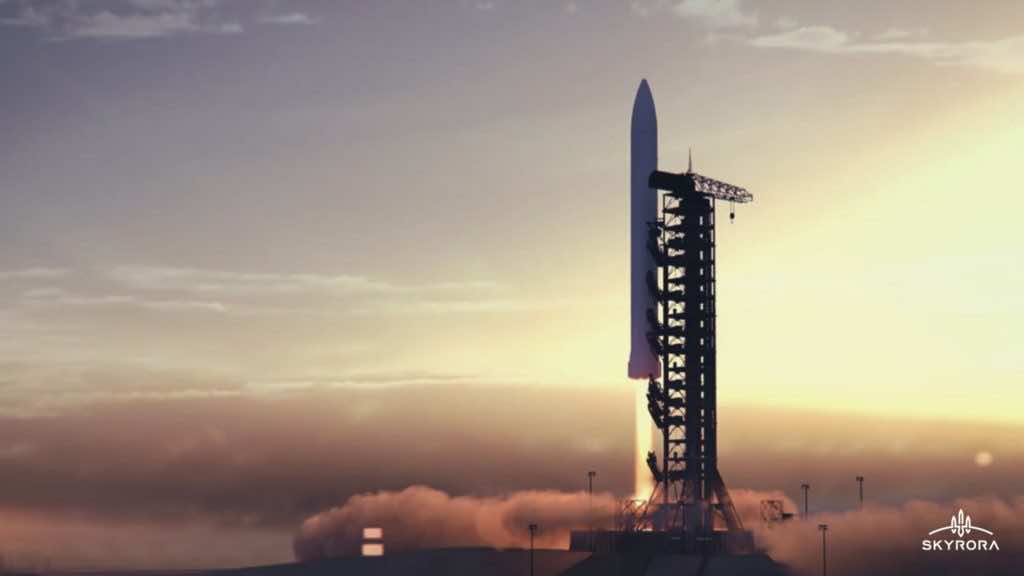The race for space domination has never been as competitive as it is today. In the bid to establish some footprint in space, companies are carrying out multiple launches in short periods. Similarly, a British company, Skyrora, attempted to lift off, but it did not end as desired. It fell short of the target and ended up in the sea.
The company has its headquarters in Edinburgh. It was trying to make its Skylark L vehicle go beyond 100 km after its launch from the Langanes peninsula in Iceland. However, a technical issue saw the lift-off end up in tatters. The 11m-long rocket falls back into waters no more than 500m from the launchpad. Skyrora aims at starting orbital launches from Scotland next year.
Last weekend’s Skylark L flight was planned as a tester to see whether the systems and procedures used were sturdy enough for the launch.
“While this launch attempt did not go entirely as we expected, it has nevertheless been a valuable learning opportunity – and a huge victory for this new relationship between Iceland and the UK, as well as the European space sector more broadly,” said Volodymyr Levykin, the founder and CEO of Skyrora.
“Based on what we have achieved here, we remain confident of achieving our objective of a full vertical orbital launch from UK soil in 2023.”
Skyrora is a tad bit conscious in its approach toward the launch. They have flown only small supersonic vehicles inside the atmosphere, to under 30 km in altitude. This attempt was one of their first attempts to go beyond the Karman Line. The boundary where aeronautics gives way to astronautics.
Skylark L is a “Sounding Rocket”. It is fueled by kerosene and hydrogen peroxide. The rocket is not designed to go high or fast enough to stay up; thus, the terminology is sub-orbital.
But having said that, the Skyrora XL now aims at going orbital. The Skyrora XL has undergone a couple of static fire tests, however, the company is determined to carry out its first orbital mission in 2023.
The company plans to carry out its first vertical flight from Scotland. Sykora will use the Saxavord Spaceport being developed on Shetland.
Horizontal launches are about to begin in Cornwall. Virgin Orbit, owned by Sir Richard Branson, is also slated to fly a maiden mission out of Newquay next month. Virgin orbit has always sent its rockets to space from under the wing of a converted 747 passenger plane.

